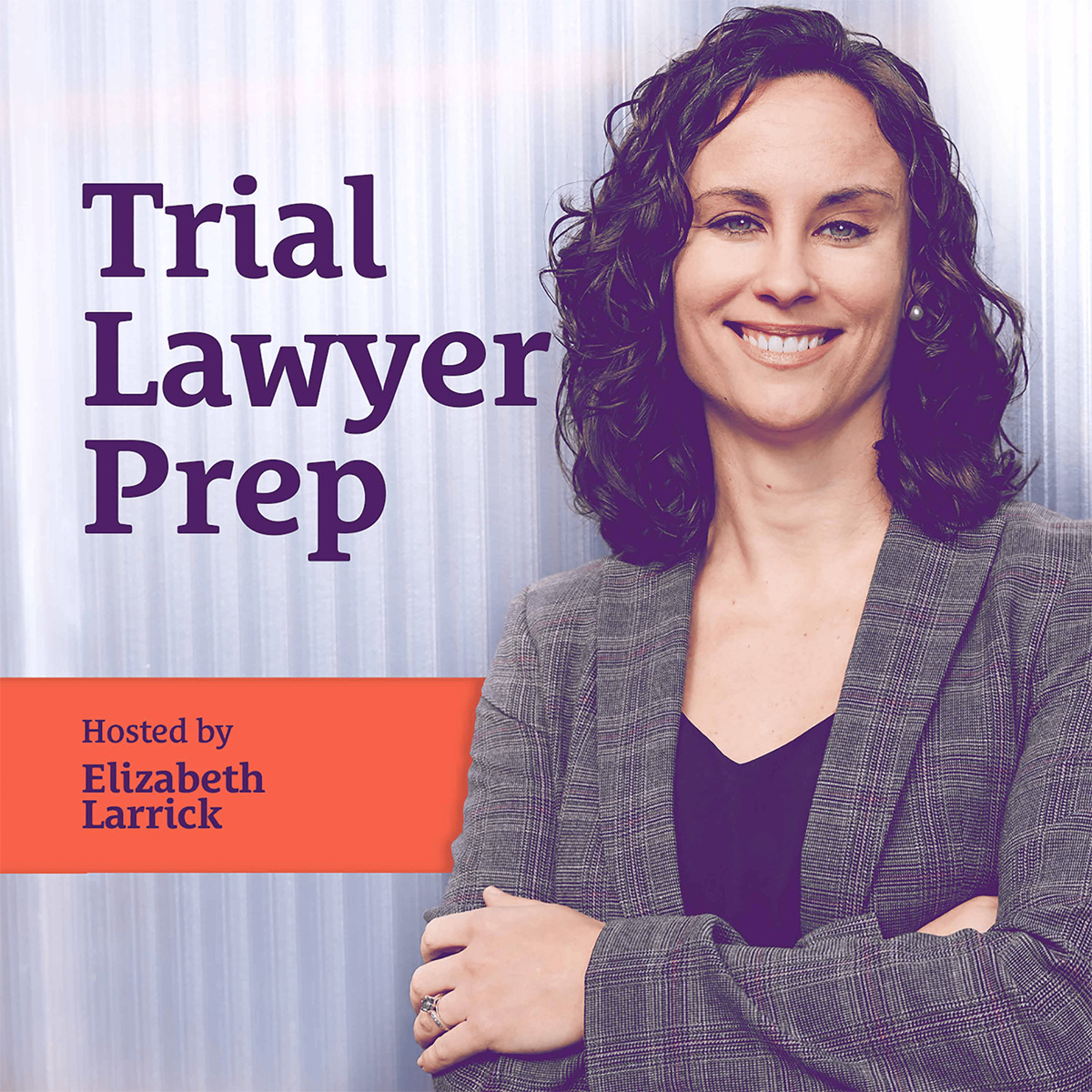Bonding v. Preparing a Client for Deposition
Bonding versus preparing a client for deposition are two things that we are told we need to do as trial lawyers to set ourselves up for success. Indeed, both are vital and important parts of client interaction, but where do we draw the line between the two?
Sometimes, when you’ve already built a solid relationship with a client, this can be difficult to separate. But bonding and preparing a client for deposition are two different things. They serve different purposes. Bonding is taking a separate interest in our clients, outside of the legal matter. It’s as simple as asking clients about their families or sharing a common interest. You could also be sharing with this person about yourself or other family details. It’s an important part of any relationship because it helps establish rapport with people. Conversely, preparing a client for deposition is a highly focused training and coaching task that involves things like teaching the client what to expect.
In this episode, we’re going to talk more about how they’re different and what you can do to resist the urge to bond with a client so you can bring it all back to the main task of preparing them for deposition.
In this episode, you will hear:
- How small talk sets you up for success
- Your specific tasks as you’re preparing your client for deposition
- Things you have to do during preparation, which you never do when bonding
- Resisting the urge to move into the relationship-building mode
Subscribe and Review
Have you subscribed to our podcast? We’d love for you to subscribe if you haven’t yet.
We’d love it even more if you could drop a review or 5-star rating over on Apple Podcasts. Simply select “Ratings and Reviews” and “Write a Review” then a quick line with your favorite part of the episode. It only takes a second and it helps spread the word about the podcast.
Supporting Resources:
How to Win Friends and Influence People by Dale Carnegie
Email me: elizabeth@larricklawfirm.com
Episode Credits:
If you like this podcast and are thinking of creating your own, consider talking to my producer, Danny Ozment.
He helps thought leaders, influencers, executives, HR professionals, recruiters, lawyers, realtors, bloggers, coaches, and authors create, launch, and produce podcasts that grow their businesses and impact the world.
Find out more at https://emeraldcitypro.com
